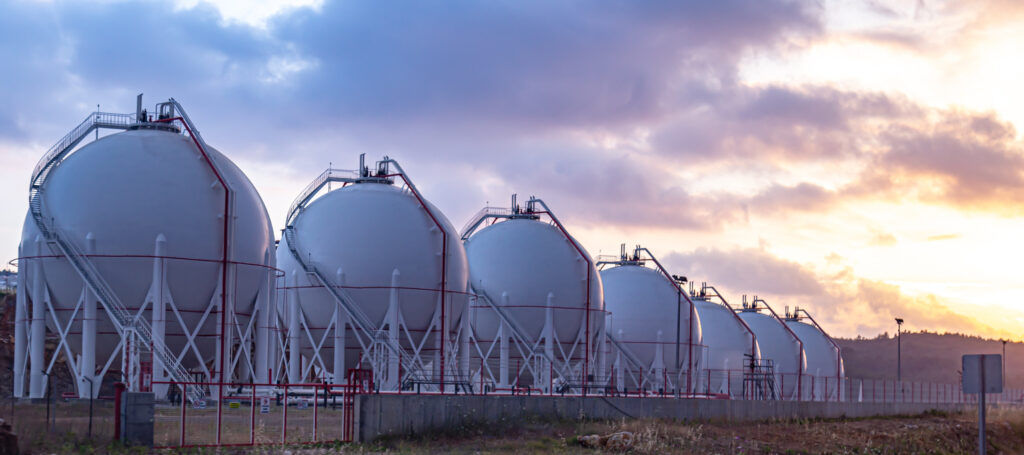(Oil & Gas 360) – A report from the International Gas Union (IGU) suggests reasons for optimism about the future of the world marketplace for LNG exporters and importers.

Measuring its calculations through millions of tons per annum (MTPA), 2023 saw over 400 million tons traded on the global LNG market. The number represents 70 MTPA growth y-o-y, the highest single one-year increase in over a decade, driven primarily by Europe’s demand growth of 30 million tons.
The IGU notes the market is currently composed of 20 exporting and 51 importing markets. While the report identifies a lack of supply in the near term as an impediment to future growth, its analysis suggests better equilibrium in the market than has been seen in recent years.
LNG accounts for nearly half of Europe’s gas, but there is growing competition from Asia as they continue to switch from coal to gas to improve air quality.
China, for instance, is the world’s largest LNG importer, consuming slightly more than those incremental 70 million tons added last year, which marked the first time Vietnam and the Philippines imported LNG. Japan, Korea and India round out the top four importers.
The U.S. not only leads the world in natural gas production at 125 bcf/d, but it’s the world’s export leader, exporting nearly 86 million tons of LNG in 2023, nearly 10% more than in 2022. The U.S. is followed closely by export rivals Australia and Qatar. Russia is a distant fourth, exporting less than half that of any of the other three countries.
The U.S. is also leading the world in the construction of additional export capacity. Nearly half of the 216 MTPA of liquefaction capacity under construction or approved is slated for North America (the IGU groups the U.S. with Canada and Mexico). The region’s current capacity of 650 MTPA is more than the rest of the world combined.
Headwinds remain. In addition to supply constraints, the report notes the Biden administration has an exports approval pause affecting those under a non-free trade agreement with the U.S. And despite their war, Ukraine and Russia actually have a gas agreement for transporting Russian gas that ends this year. And finally, there is more than 120 MTPA of operational liquefaction capacity more than 20 years old.
The International Gas Union, with offices in Switzerland and London, counts more than 150 members in over 80 countries, covering over 90% of the global gas market. The Union is over 90 years old.
By Jim Felton for oil&gas360.com







